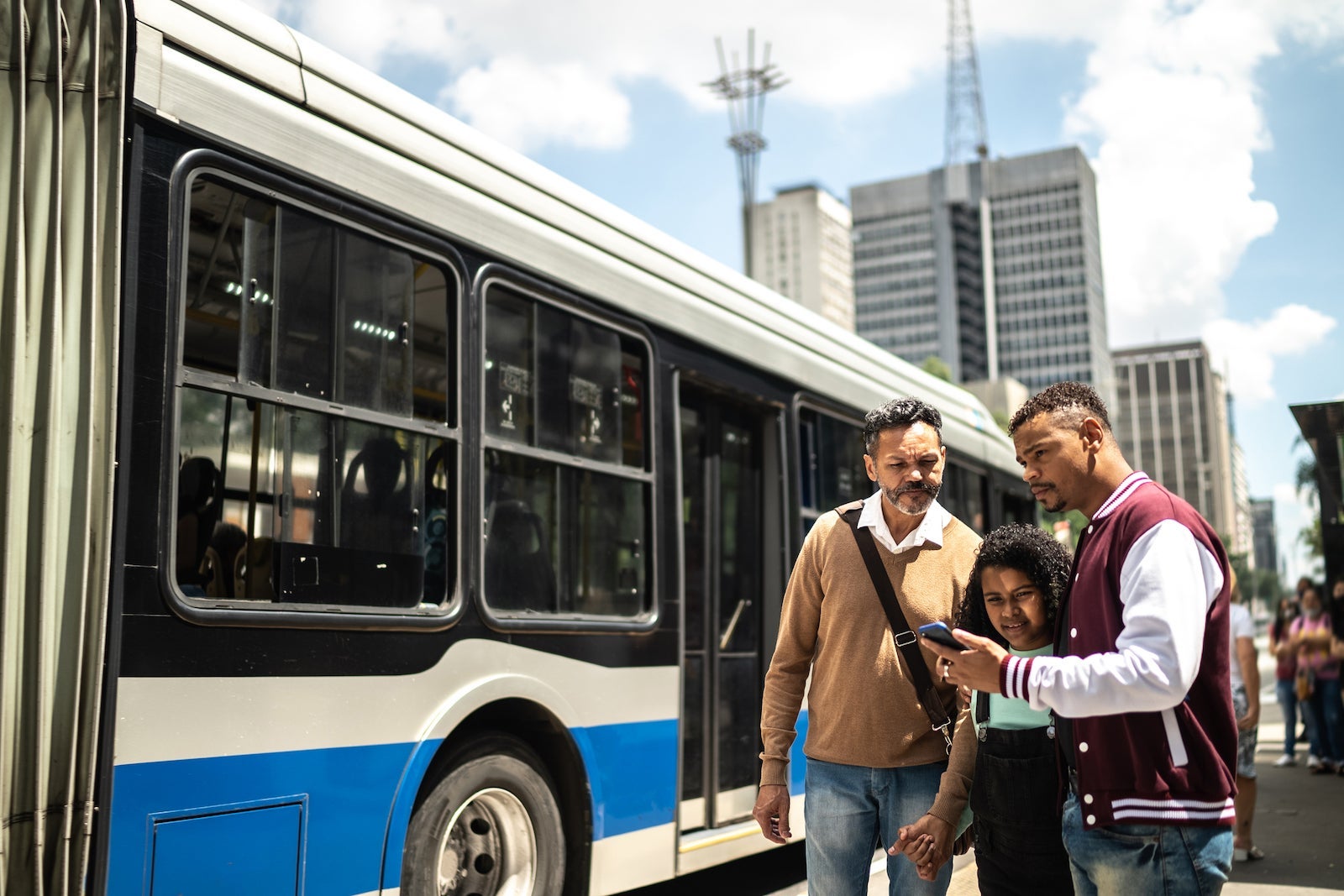7 documents LGBTQI+ families should always carry when traveling
While LGBTQI+ families planning trips with points and miles share most of the same highs and lows of any family traveling together, there are some challenges unique to the LGBTQI+ family travel space.
Traveling with small children already comes with a new set of distinctly non-glamorous and nerve-wracking hurdles. From carrying infant formula to simply keeping up with small humans who somehow take on superhuman speed in airports, it's different than anything you experience before welcoming a child to the family.
The anxiety that can accompany all family travel may increase several notches, however, when you travel as an LGBTQI+ family, especially given some common heteronormative expectations.
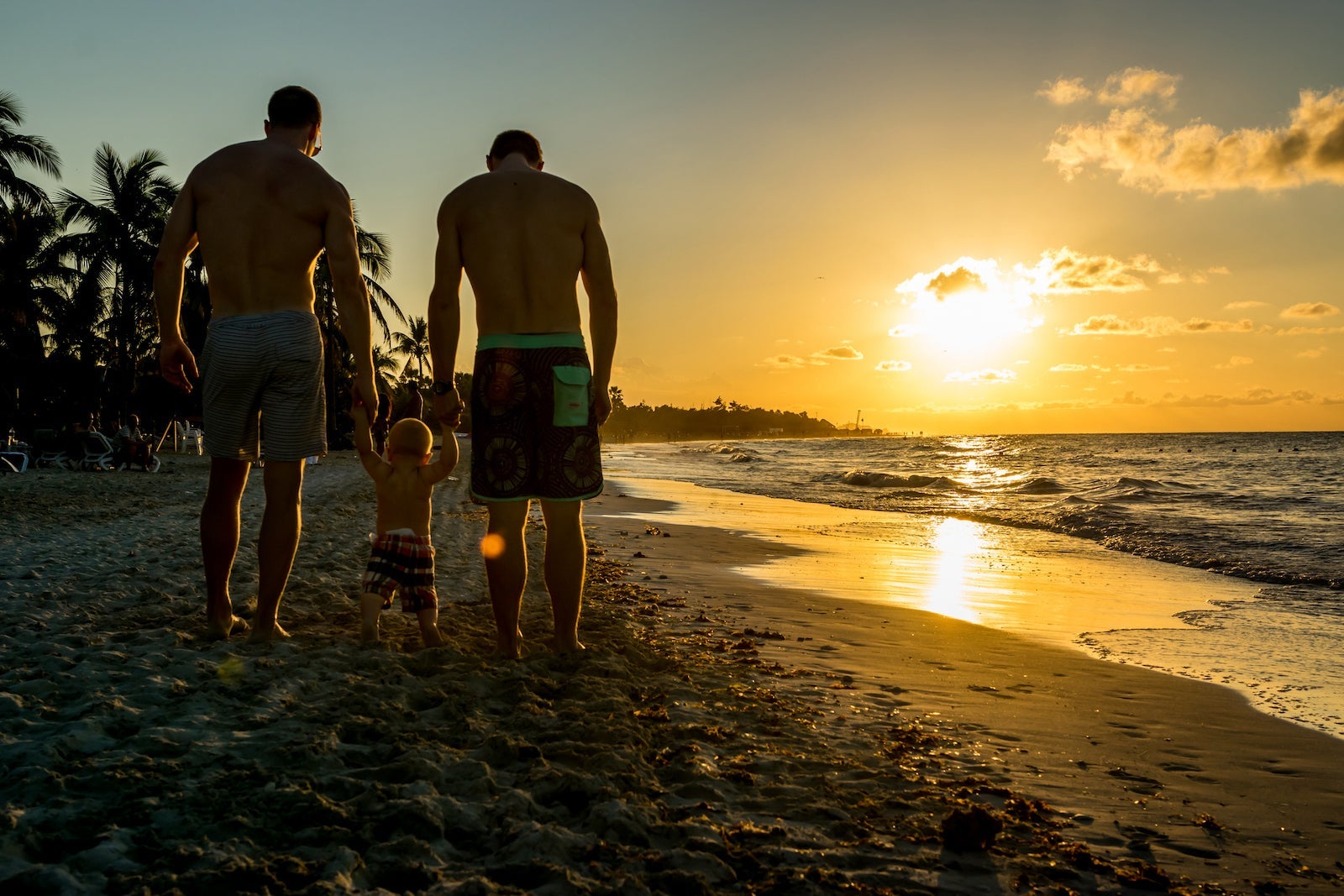
As a gay man who has traveled numerous times with my twins, I've heard all varieties of "How nice that you are taking the kids for your wife" or "Where is their mommy?" Those comments and expectations can add to the regular challenges of coaching your kids through the airport process.
While most of us have become well-equipped in how to handle typical nosy neighbors' comments, it is the more formal scrutiny that happens at airport check-ins, security screenings, passport control, hotel check-ins and even unplanned visits to the emergency rooms that can trip up even the most seasoned LGBTQI+ family travelers.
With that in mind, there's one thing LGBTQI+ families should never leave home without, whether your destination is Peoria or Peru: a bag full of important documents.
Related: These LGBTQ-focused travel companies can help you plan the perfect cruise
7 travel documents to carry
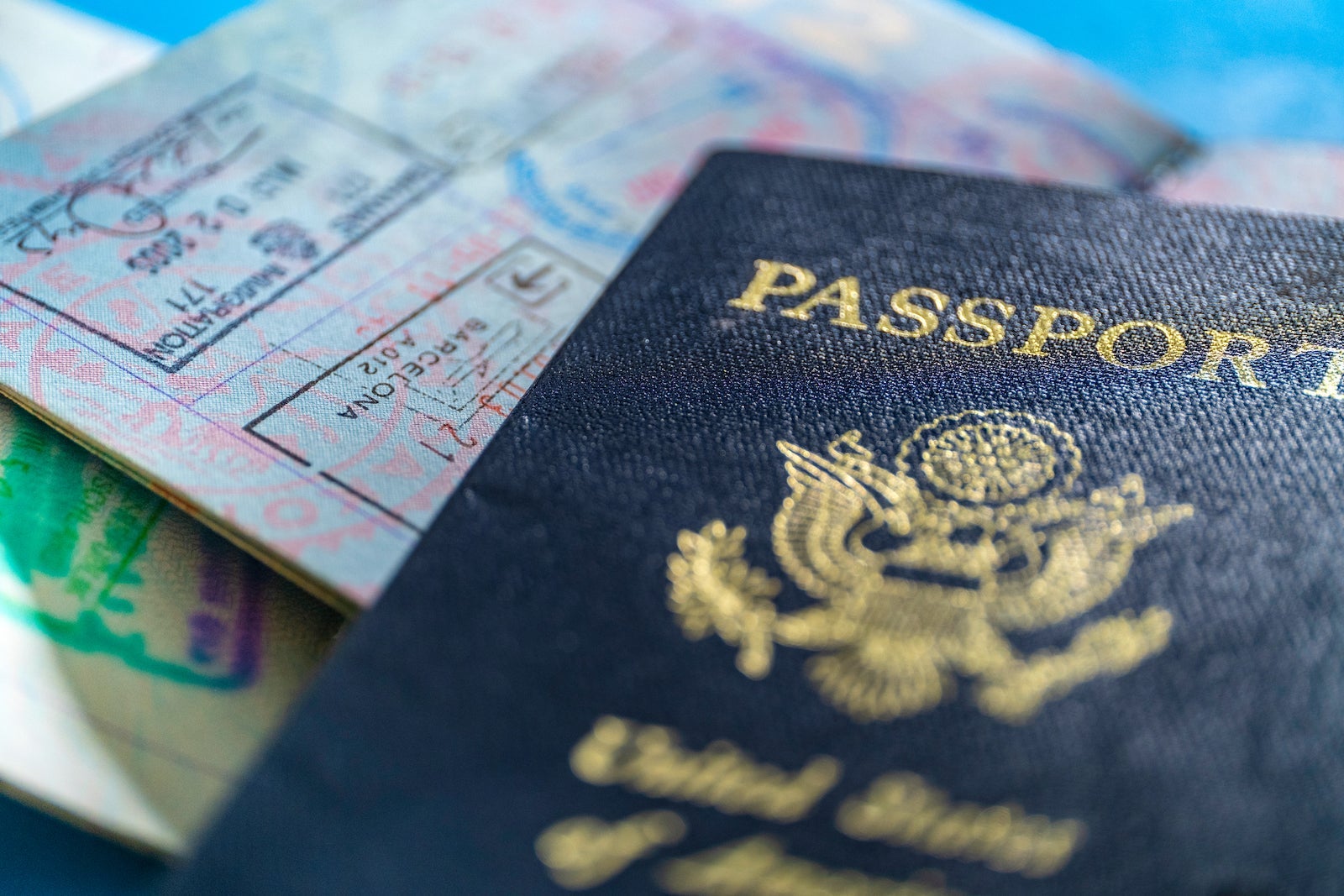
The easiest way to head off potential trouble is to prepare a large plastic bag that includes the following "extra" documents. If you do find yourself held to a higher standard, my recommendation is to "kill them with kindness," as my nana used to say, and give the person inquiring a lot of additional information that might make them blush.
That includes:

- A copy of each child's birth certificate.
- Parentage and/or custody documents for accompanying minor children (especially if your children do not share your last name).
- A notarized letter giving your spouse or partner permission to travel with your child if you don't share the same last name.
- A Child Care Authorization for Medical Care if you don't share a last name — and one for any additional caregiver.
- A copy of any insurance cards with the child's name (and ideally, your name).
- Emergency contact list including how to reach your child's pediatrician, dentist and any specialty doctors (these supporting cast members often calm questioning doctors in strange lands).
- U.S. Passport Cards that you can apply for at the same time you apply for a passport.
Read more: From Asheville to Prague: 11 underrated LGBTQIA+ friendly destinations to visit in 2022
Tips for applying for passports as an LGBTQ family
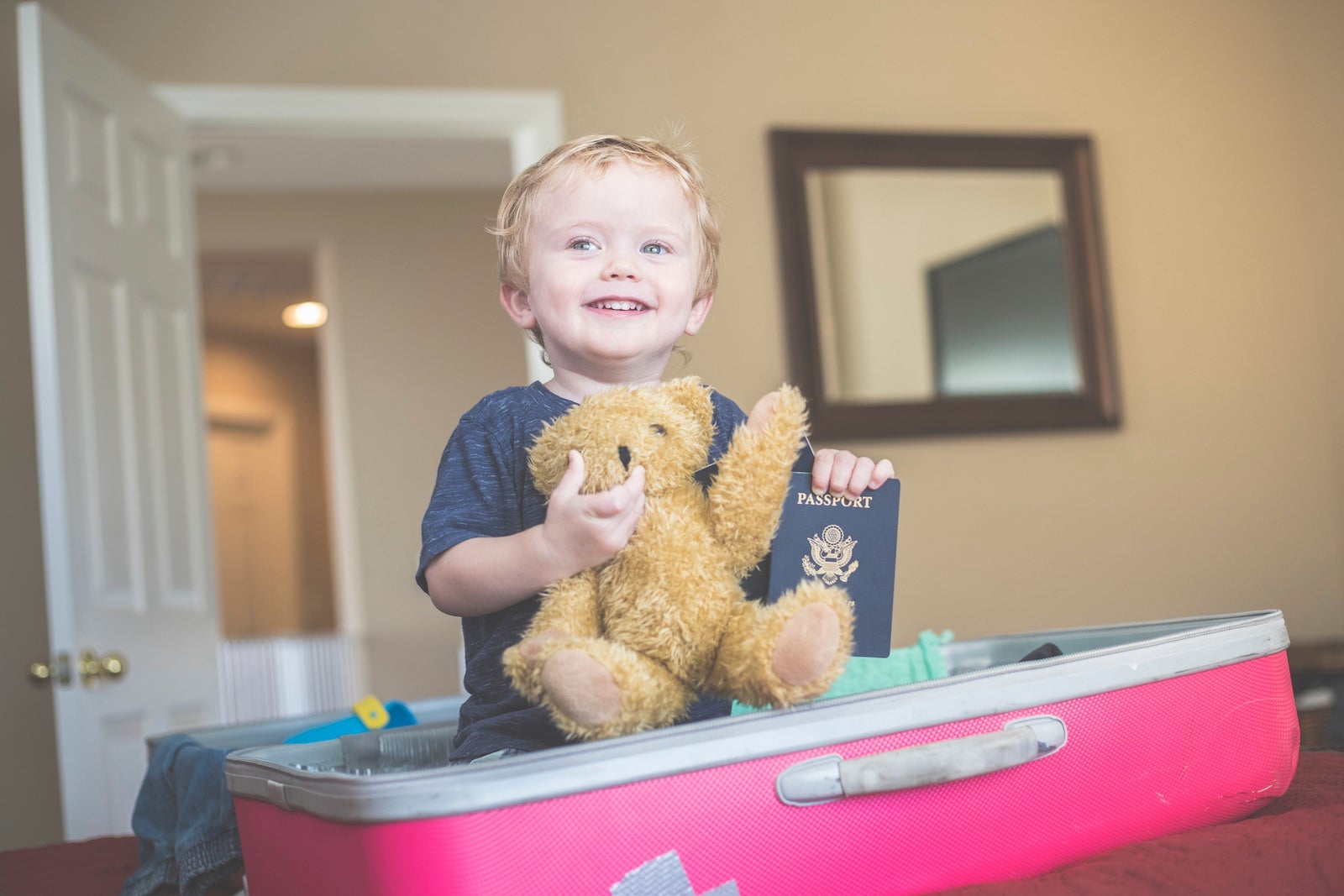
Obtaining a passport as an LGBTQI+ family is not always as simple as just filling out the usual paperwork.
State passport agencies will require an original birth certificate that includes the relevant birth and parent information, as well as the registrar's signature and the seal of the issuing authority. You can obtain this version of the birth certificate by making a request to the Bureau of Vital Statistics in the state of your child's birth.
If you are a single parent, the agency may ask to see a custody agreement. The State Department updated this form to say "Father/Mother/Parent."
If you encounter any issues, try reaching out to your local U.S. congressperson and/or U.S. senator, who have staffers dedicated to helping constituents with passport issues. Note that there has been a case where the U.S. has denied a passport to a same-sex couple's child born via surrogacy abroad. However, a federal judge ordered the State Department to issue the child a U.S. passport.
Bottom line
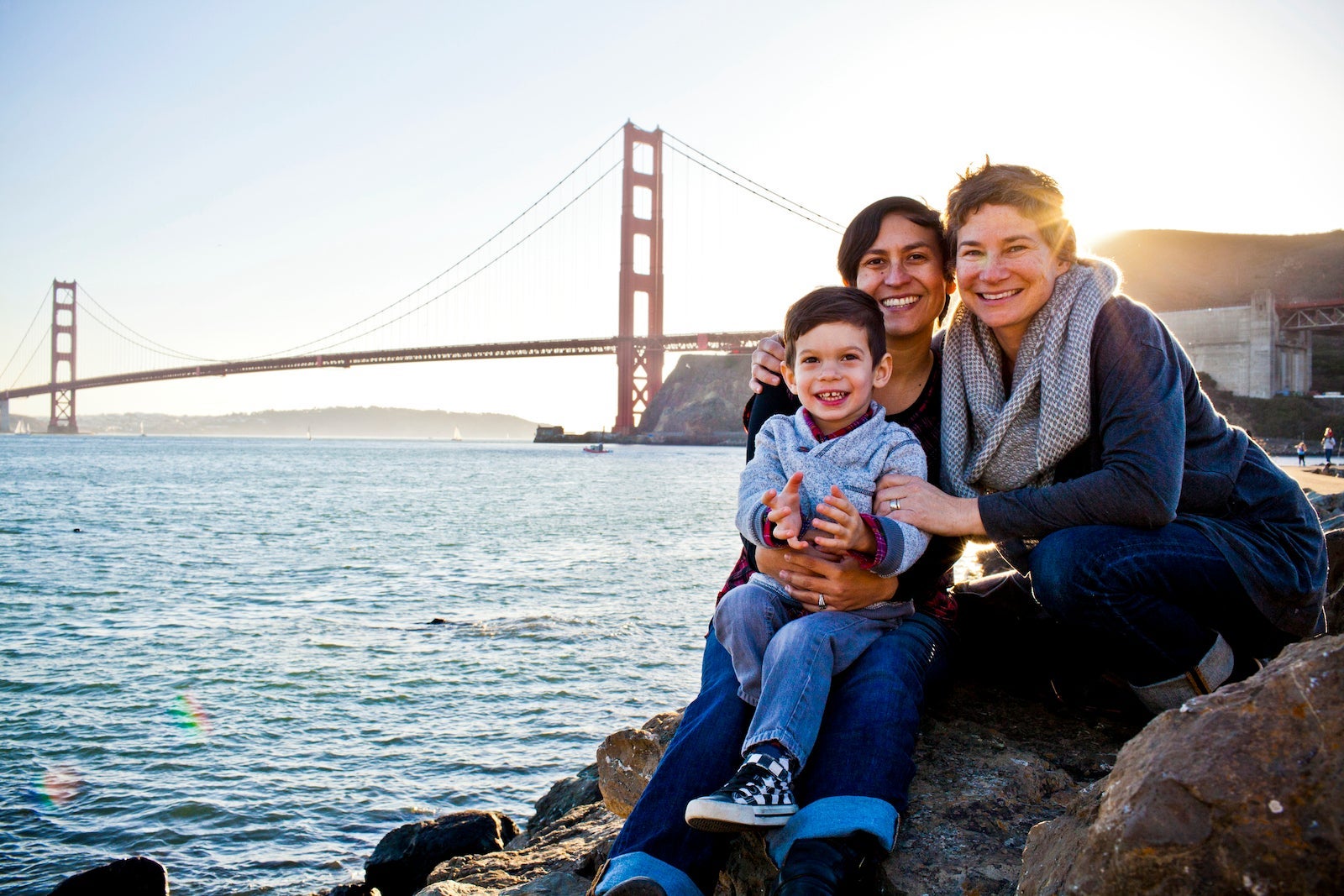
Traveling with a few extra documents can go a long way to giving you peace of mind. You may never be asked to produce this paperwork. However, you'll be glad to have it readily available if someone does.
Related: LGBTQ family travel tips to keep you safe and sane
Additional reporting by Caroline Tanner.
TPG featured card
at Capital One's secure site
Terms & restrictions apply. See rates & fees.
| 5X miles | Earn 5X miles on hotels, vacation rentals and rental cars booked through Capital One Travel |
| 2X miles | Earn unlimited 2X miles on every purchase, every day |
Pros
- Stellar welcome offer of 75,000 miles after spending $4,000 on purchases in the first three months from account opening. Plus, a $250 Capital One Travel credit to use in your first cardholder year upon account opening.
- You'll earn 2 miles per dollar on every purchase, which means you won't have to worry about memorizing bonus categories
- Rewards are versatile and can be redeemed for a statement credit or transferred to Capital One’s transfer partners
Cons
- Highest bonus-earning categories only on travel booked via Capital One Travel
- LIMITED-TIME OFFER: Enjoy $250 to use on Capital One Travel in your first cardholder year, plus earn 75,000 bonus miles once you spend $4,000 on purchases within the first 3 months from account opening - that’s equal to $1,000 in travel
- Earn unlimited 2X miles on every purchase, every day
- Earn 5X miles on hotels, vacation rentals and rental cars booked through Capital One Travel
- Miles won't expire for the life of the account and there's no limit to how many you can earn
- Receive up to a $120 credit for Global Entry or TSA PreCheck®
- Use your miles to get reimbursed for any travel purchase—or redeem by booking a trip through Capital One Travel
- Enjoy a $50 experience credit and other premium benefits with every hotel and vacation rental booked from the Lifestyle Collection
- Transfer your miles to your choice of 15+ travel loyalty programs
- Top rated mobile app

